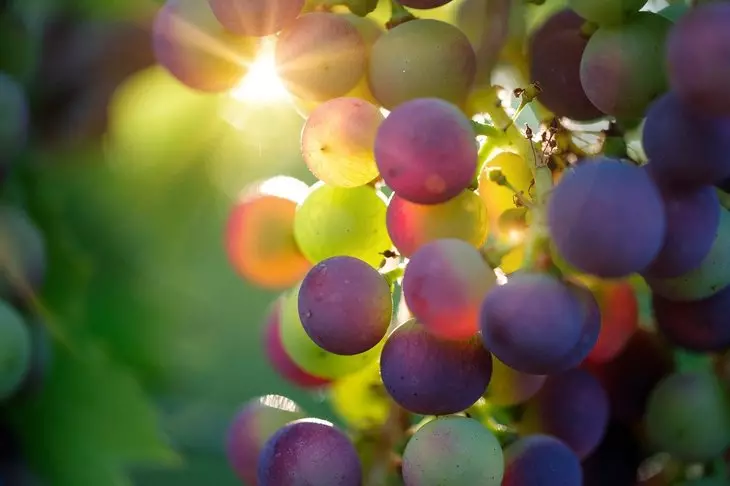
The All-India Association of Vine Exporters (Aigea) believes that the European Union Resolution (EU) against the Mankotzba will affect the export of table grapes from India in the negative side. The Association demanded from the Government of India to discuss this issue with the EU.
On the other hand, Sahyadri Farmers Producer Company, the largest exporter of grapes in India, welcomed the EU step, stating that the tightening against the Mankotchab will force Indian winegartes to switch to more eco-friendly fungicides.
On December 14, 2020, the EU issued a notice of the unconfirmation of the actual substance of the Mankotheb, which is a protective fungicide, effective against a wide range of mushroom leaf diseases. Pesticides with mankuccy are usually used on garden and agricultural food cultures, as well as on ornamental plants and tobacco, in forestry.
There is a transitional period to adjust the package of the export practice of cutter grapes in the EU. Currently, maximum levels of residues (MRL) are not reduced to the default level of 0.01 mg / kg until January 2022.
According to APDA, the Vintage Vintage of India, scheduled for exports to the EU in the season of 2021, will not be affected, since the action of the preferential period for the mankotby, which expires January 4, 2022 will continue. However, from the next season (2022), grape producers growing export grade for the EU market will have to make an alternative package of plant protection methods and stop using the mankotby.
In organic tone
"The export of Indian grapes has recently been gaining momentum, but various restrictions entered by the EU are forced farmers to be in a tone. The government should discuss this issue with the EU and ensure that frequent decrees and the rules do not influence exports, "said BusinessLine President Aigea Jagannath Hapre.
Hapre added that there is no data on the use of the mankotby in India, and farmers are not confident in the existence of an alternative fungicide.
In India, more than twenty grape varieties cultivate, and dozens of varieties are grown for commercial purposes and is exported to Europe and the Persian Gulf countries. Netherlands, United Kingdom, Germany, Russia and Bangladesh were the main areas of grape exports to India in 2019-2020.
Hapre noted that, given the cautious approach of the EU countries to the use of chemicals when growing grapes, Indian grapes, oriented to European exports, will have to return to organic farming.
"Since the 1960s, Indian grapes used more than agrochemistry and abandoned organic cultivation. Perhaps we will have to revive the old methods of organic agriculture, as well as find an output to make them cost-effective, "he said.
Maharashtra ranks first in the production of grapes in India. The state of the state accounts for more than 81.22% of the total production and the highest yield in the country.
Aigea fears that farmers and exporters of grapes from Maharashtra will have to revise their plans for cultivation and exports taking into account new rules.
However, Vilas Shinde, Chairman and managing director of the SaHyadri Farmers Producer Company, commented that neither exports nor the grapes would suffer.
"A new ruling will give an impetus to research and developments, and farmers will have the opportunity to use a new fungicide, which will cost them cheaper. Worldwide consumers of grapes show caution for products grown using chemicals, and we must make a choice in favor of the market, "said Shinde.
Grapes are one of the important agricultural cities in India, under which the area is 123 thousand hectares, which is 2.01 percent of the total area of farmland.
According to APDA, during 2019-20, the country exported 1.93,690.55 tons of grapes in the amount of 2,176.88 krore to the world ($ 298.05 million).
"A new ruling will not create any problems for exporting grapes. But right now farmers will have to think about alternatives, "concluded Shinde.
(Sources: news.agropages.com; The Hindu Business Line).
